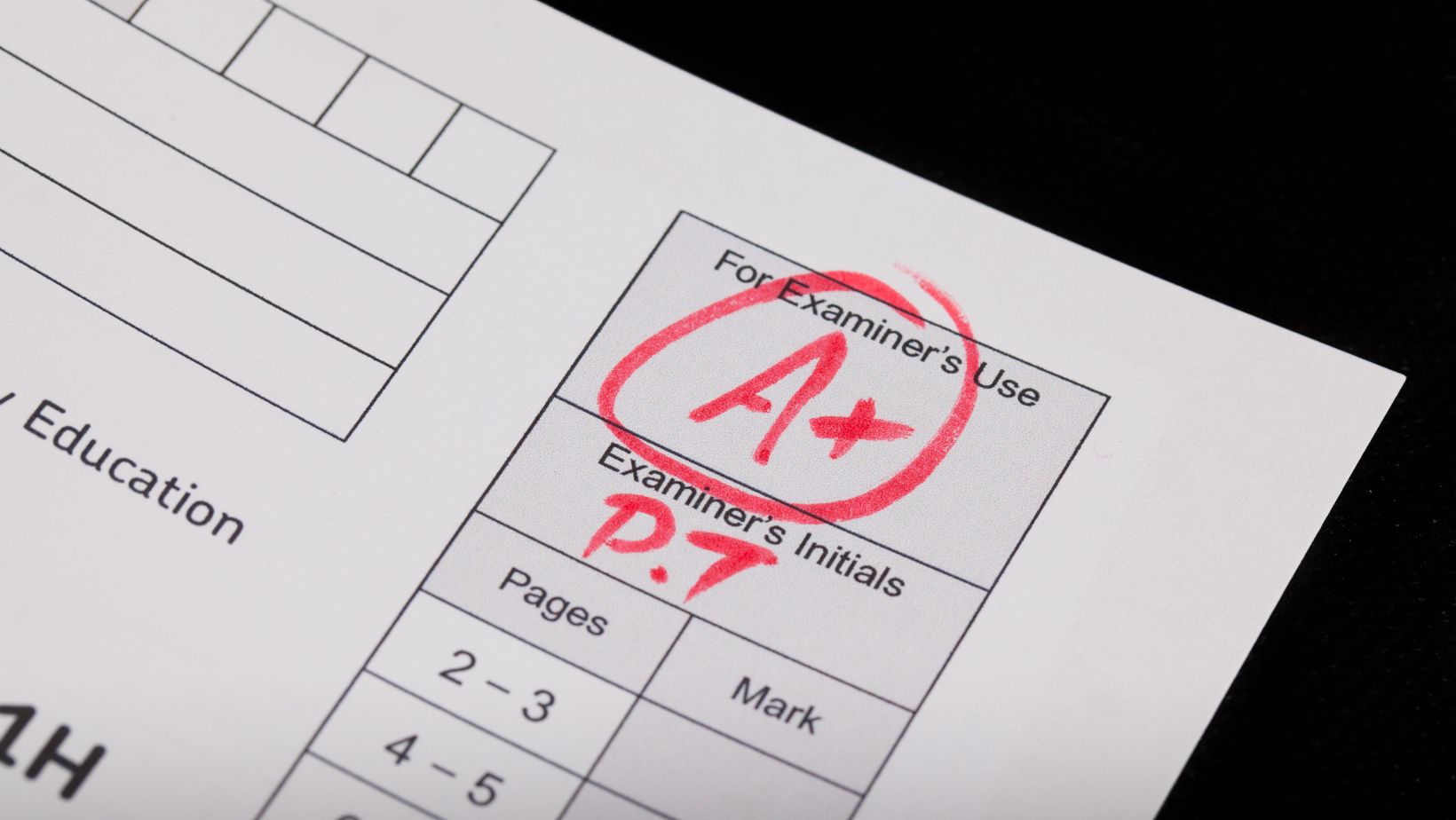Table of Contents
2017 NFHS Softball Exam Part 1 Answers
Are you looking for the answers to the 2017 NFHS Softball Exam Part 1? Well, look no further! In this article, I’ll provide you with the answers and explanations to help you ace this exam. Whether you’re a player, coach, or an avid softball fan, understanding the rules and regulations is crucial for a successful game. So let’s dive right in and unravel the mysteries of this exam.
Navigating through an exam can be overwhelming, especially when it comes to sports rules. The NFHS Softball Exam Part 1 is designed to test your knowledge on various aspects of the game. From pitch count restrictions to base running situations, every question aims to assess your understanding of the sport’s intricacies. With my expertise in softball and years of experience in coaching, I’ll guide you through each question with clarity and precision.
By exploring this article further, you’ll gain invaluable insights into not only the correct answers but also the reasoning behind them. Understanding these concepts will not only help you excel in exams but also enhance your overall understanding of softball rules as a whole. So let’s get started on unraveling those answers and equip yourself with knowledge that will make you stand out on the field.
Note: The specific questions from the NFHS Softball Exam Part 1 are not provided here due to limitations; however, I’ll cover all essential topics and their corresponding answers thoroughly.

Exam Structure
The 2017 NFHS softball exam part 1 is a comprehensive assessment designed to evaluate the knowledge and understanding of softball rules and regulations among officials, coaches, and players. This exam consists of multiple-choice questions that cover various aspects of the game, including fielding, pitching, batting, base running, and game management.
The exam structure is straightforward yet challenging. It comprises a set number of questions that test your expertise in different areas of softball officiating. Each question presents a scenario or rule interpretation, followed by multiple answer choices. Your goal is to select the correct response based on your understanding of the NFHS rules.
To successfully pass this exam and demonstrate your proficiency in officiating softball games at the high school level, you’ll need to carefully study the NFHS rulebook and familiarize yourself with common situations that may arise during gameplay. By doing so, you’ll be better equipped to make accurate decisions on the field.
Important Dates
As an aspiring official or someone involved in high school softball, it’s crucial to stay updated with important dates related to exams and other significant events within the sport.
Here are some key dates you should mark on your calendar for the 2017 NFHS softball season:
- Exam Registration Deadline: Make sure to register for the exam before the specified deadline to secure your opportunity to showcase your knowledge.
- Exam Administration Date: The date when you will sit for the exam and put your understanding of softball rules into practice.
- Results Announcement: After completing the examination process, keep an eye out for announcements regarding when results will be released. This information will help you gauge your performance and identify areas where improvement may be needed.
By staying aware of these important dates, you can effectively plan your preparation strategy leading up to taking the 2017 NFHS softball exam part 1.
Remember that thorough preparation is key to success in any examination. Dedicate sufficient time to study the NFHS rulebook, practice applying rules in various scenarios, and seek guidance from experienced officials or coaches. By doing so, you’ll enhance your knowledge of the game while increasing your chances of performing well on the exam.
Remember, penalty enforcement plays a crucial role in upholding the integrity of softball games. Officials must remain diligent, knowledgeable, and fair when applying penalties to maintain a level playing field for all teams involved.
Brian, the dedicated Editor and Education Enthusiast at Faspe, is a dynamic force breathing life into the realm of education. Grounded in pedagogical expertise and fueled by boundless passion, Brian enriches the team with extensive experience, curating resources that inspire educators and students alike. His unshakable faith in the transformative power of education propels individuals to reach for the stars on their educational journey.






